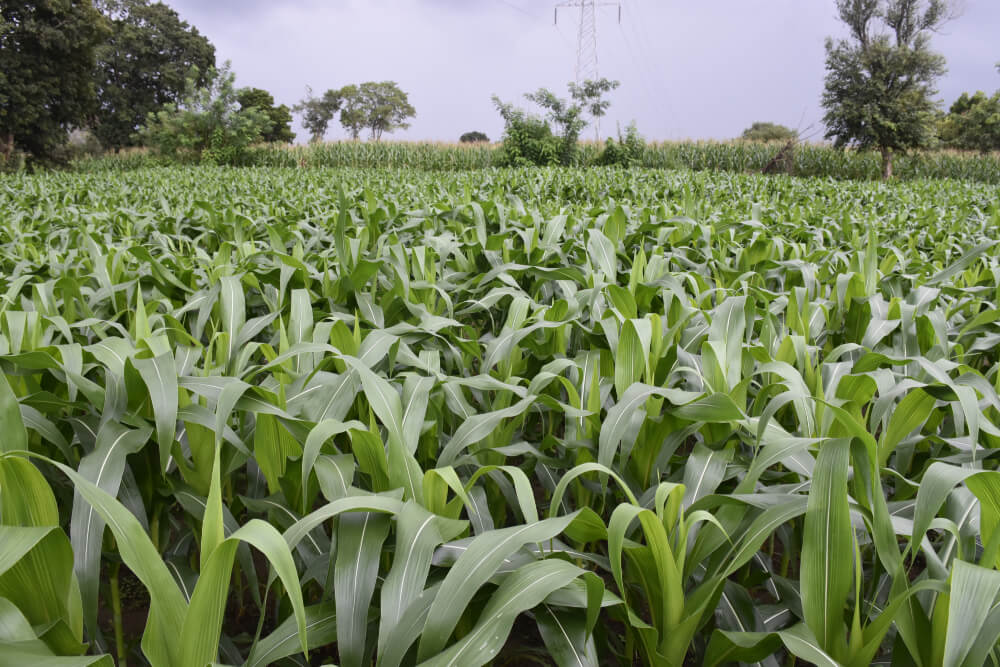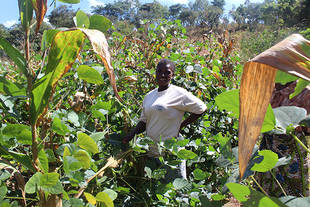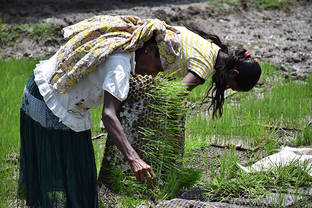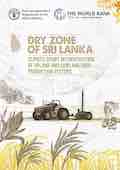Due to their dependence on agriculture for their livelihoods, the rural poor are the most vulnerable to the effects of climate change. Their agriculture is barely profitable and often environmentally unsustainable. Through climate-smart crop production practices, climate change adaptation and mitigation is possible.
Our approach
A climate-smart crop system requires smallholder farmers to use quality seeds adapted to local climate and pests, diversify crop systems, use sustainable mechanization, apply soil and water conservation practices, improve water management and invest in agricultural knowledge transfer.
Farming needs to be profitable. By improving their access to inputs, technical advice, credit and other financial services, smallholder farmers have the opportunity to access technologies that improve resilience of crop systems to specific climate stressors and reduce yield gaps.
In action
Climate-smart crop production practices vary depending on the needs of smallholder farmers. The projects focus on maize based crop systems in subtropical climates (with Zambia as a focus country) and rice-based crop systems in tropical climates (with Sri Lanka as a focus country).
Subtropical climates: Zambia
A farm system approach captures the interactions between crop production, the environment and the influence of agricultural policy. It aims to prioritize policies and target field level solutions to increase the income and standard of living of smallholder farmers sustainably. [more]
Tropical climates: Sri Lanka
A landscape approach is used to balance competing labour demands and create sustainable solutions to intensify production in upland and lowland crop systems. Understanding the impact of upland practices and how they influence the lowlands and the overall environment, creates sustainable solutions. [more]
Resources
Our series of Save and Grow publications offer guidance and advice on how to implement productive and sustainable crop production systems.




